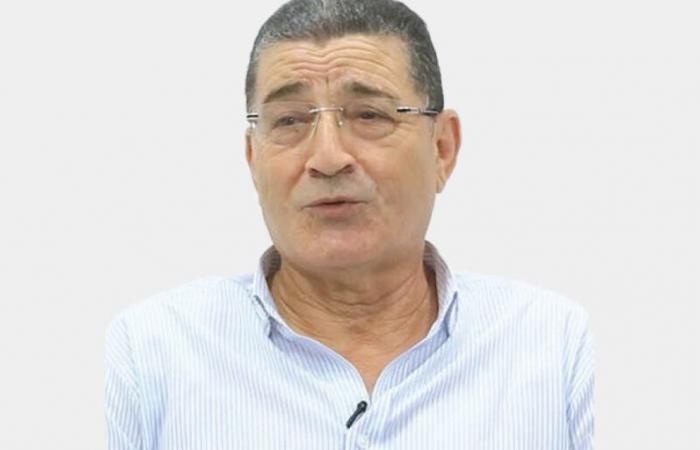For tax expert Mohamed Rahj, it is first necessary to differentiate between amounts declared by taxpayers and revenue actually collected by the tax administration. That said, this operation constitutes, according to him, a first step in the fight against informality and money laundering. Interview.
How do you read the results of this tax amnesty operation?
First of all, you have to be careful about the amounts circulating here and there, and especially to differentiate in terms of terminology. We can, ultimately, understand that the total amount declared is of the order of 100 billion dirhams. But that does not mean that the State collected 100 billion dirhams.
Indeed, from this declared amount, you must deduct the 5% which is in reality the revenue, and you do the calculation. For my part, and while waiting for this amount to be officially announced by the services concerned, I think that at most, the State would have received between 3 and 5 billion dirhams. It is impossible to collect 100 billion dirhams when, according to figures from Bank Al-Maghrib, all the cash currently circulating in Morocco is around 450 billion dirhams.
I therefore call for greater caution, and above all more education, in order to avoid confusion which could cause unsuspected damage to the perception of tax services. We recall that in 2013, the discharge contribution for the benefit of Moroccans who have assets abroad only made it possible to collect declared 27 billion dirhams and actual revenues of 5 billion dirhams, despite higher discharge rates depending on the level. .
Beyond the figures, what is the probable economic impact of such an initiative, which has, despite everything, met with a certain success?
It is an initiative intended to attract the attention of taxpayers who make money but ignore the taxman. This is a part of our fellow citizens who work in the informal sector, who will now be brought into the formal sector.
From this year 2025, someone who, for example, has earned 200,000 DH through the informal sector and who plans to buy an apartment, will no longer be able to do so if they go to the notary, a business lawyer or a expert. From now on, it will be necessary to provide proof of the origin of the money.
In addition, the tax administration is carrying out control operations regarding the overall tax situation. We are therefore increasingly obliged to move towards formality, apart from illicit activities, such as drugs and smuggling, which will certainly never be declared. Overall, money laundering should be reduced, as well as informality.
-So is this a way of fighting against informality?
Yes, this is a good move to reduce the informal sector in our country. It’s a way of testing the waters, because the government must find a political solution. This is a serious decision to make regarding the informal sector, because today, a real debate is arising, especially since you have, even at official level, those who defend the informal sector.
That said, Morocco was included, barely two years ago, on the FATF gray list relating to money laundering. And he then agreed to fight money laundering and introduce reforms, too. Moreover, we are currently witnessing a resounding case before the courts, which concerns personalities from the economic and sporting world.
In a context of persistent inflation, aren’t these kinds of measures likely to have backlash?
No, I don’t think so. Inflation is still there, but, in this case, the money deposited at the banks is made up of liquidity created in Morocco. In this case, it is not a question of printing money, for example. And frankly, as I said above, the real revenue collected by the tax administration should not exceed 5 billion dirhams.
So, it’s not much, even if it’s liquidity that will help, to a certain extent, to finance part of the economy. But this supposes having much more considerable revenue.
The main thing is that, for the authorities, a part of the economy which escaped the tax authorities is now clearly identified. And here, I’m not really talking about small sellers and other traders, but rather well-structured businesses that operate in the informal sector.
Abdellah Benahmed / ECO Inspirations






